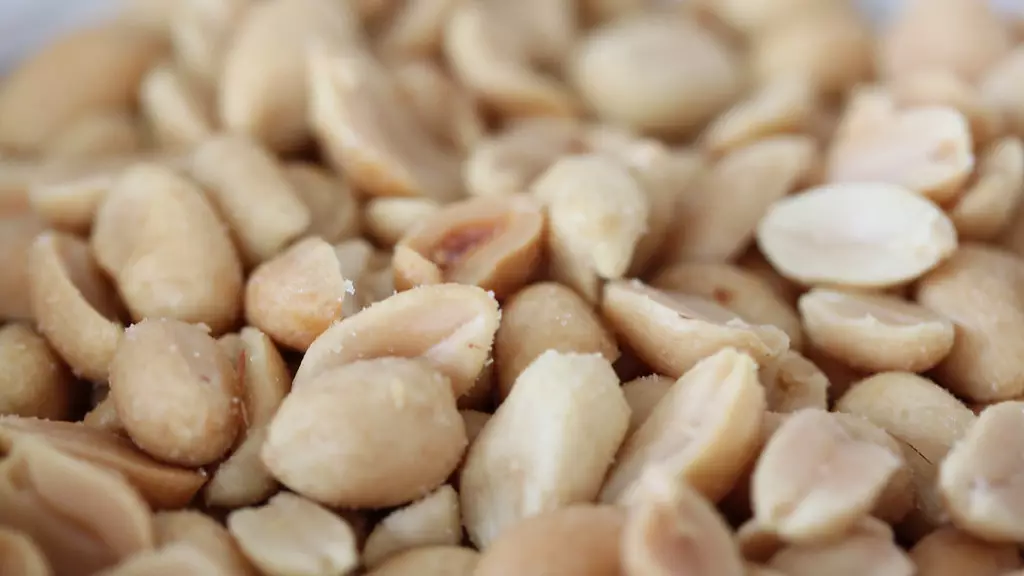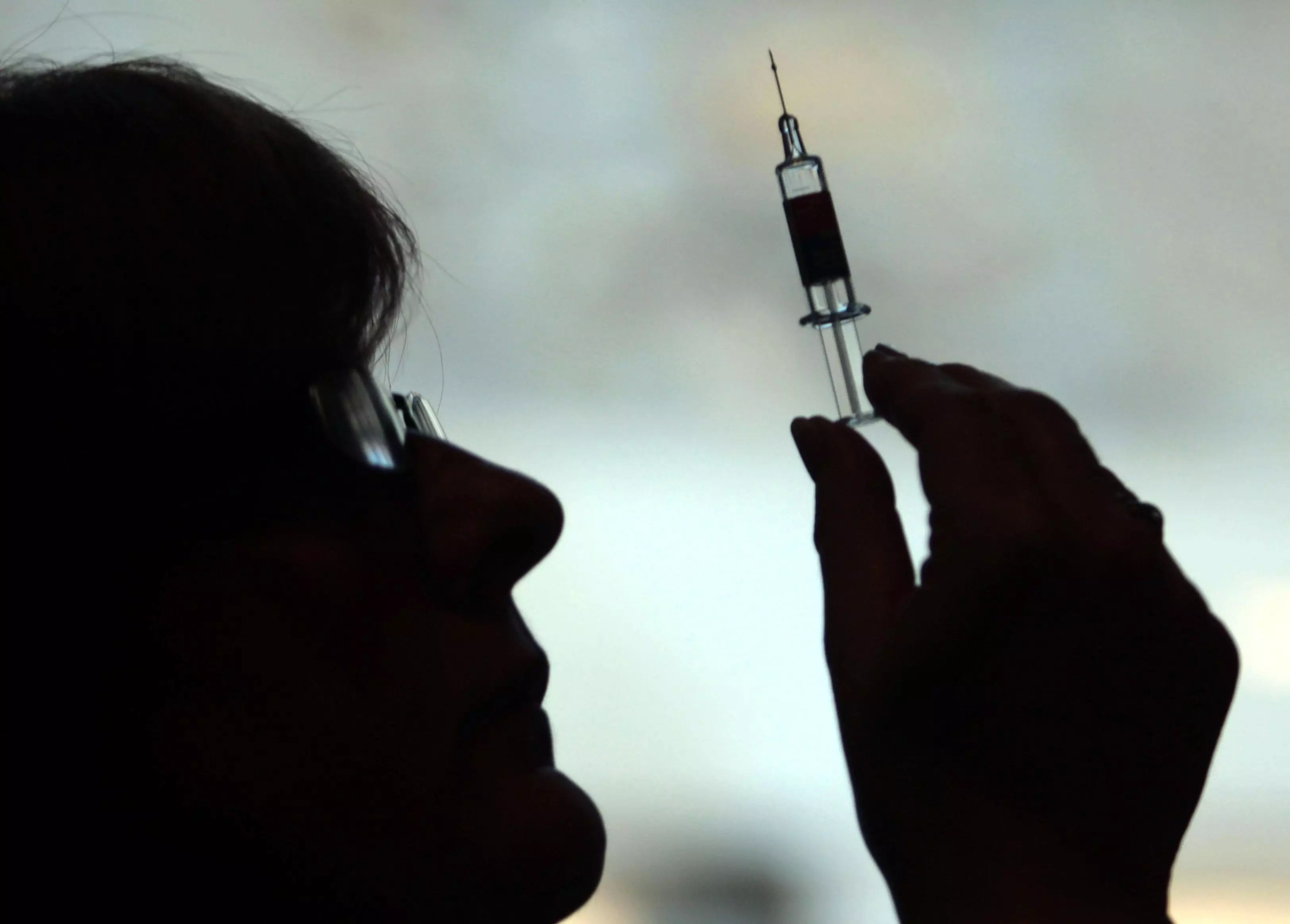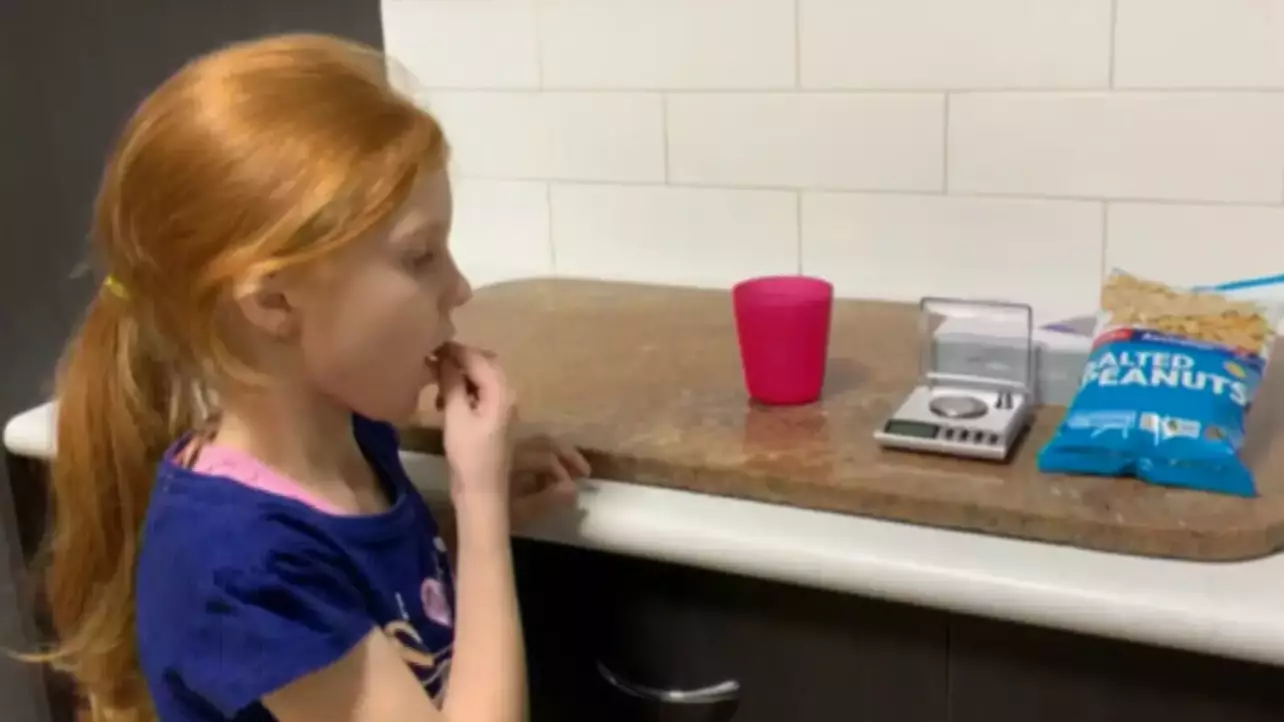
If you're one of the hundreds of thousands of Australians who have a peanut allergy, you'll know the stress and danger of living in a world where loads of stuff has peanuts in it.
The allergy is on a spectrum and there are people out there that will have a very mild reaction if they come in contact with a nut and then there are people who will stop breathing even if someone metres away opens a packet of nuts.
But these daily fears of coming into contact with the food could soon be abated as Aussie researchers reveal they're on the cusp of a cure.
Advert
The hard work is being done by teams at University of South Australia.

Researcher Preethi Eldi said that they've been working on a vaccine that tricks the body into not reacting to the peanut when it interacts with the body.
"What eventually happens is that it stops producing those molecules that are responsible for the allergic reaction," Eldi said. "We do hope that this is the first vaccine in a line and yes, we would like to target other nuts.
Advert
"In Australia, about three per cent of babies are peanut allergic and 80 per cent of those will stay for life."
The cure they've developed has worked well with blood samples and they're keen to get to the next step, which is clinical trials. If it's a big success, then the team hope to then move onto other nuts.
But this isn't the only cure that's being touted as the next big thing for people who are allergic to nuts.
Zalia Sly could suffer an anaphylactic reaction if there was even the tiniest amount of peanuts in her food, leading her mum to constantly worry about what she was eating.

She went to America for an experimental treatment, which involved a syringe filled with peanut powder mixed in with water.
Advert
"The first day in the clinic we started at a very, very small dose and then every 20 minutes it increased," her mum Catherine told 7News.
"If she had of had a reaction or any sort of symptoms it would have stopped at that point.
"We've got a whole plan that [the doctor] wrote out before we left of how much to increase it by and the time frame of when to increase it."
The Australasian Society of Clinical Immunology and Allergy (ASCIA) said Zalia's treatment, called oral immunotherapy, hasn't been approved as an allergy cure and their effects are still under investigation.
Advert
In the meantime, ASCIA says people with a peanut allergy or any other type of allergy should just avoid it altogether to be on the safe side.
Featured Image Credit: kajsch/Creative Commons